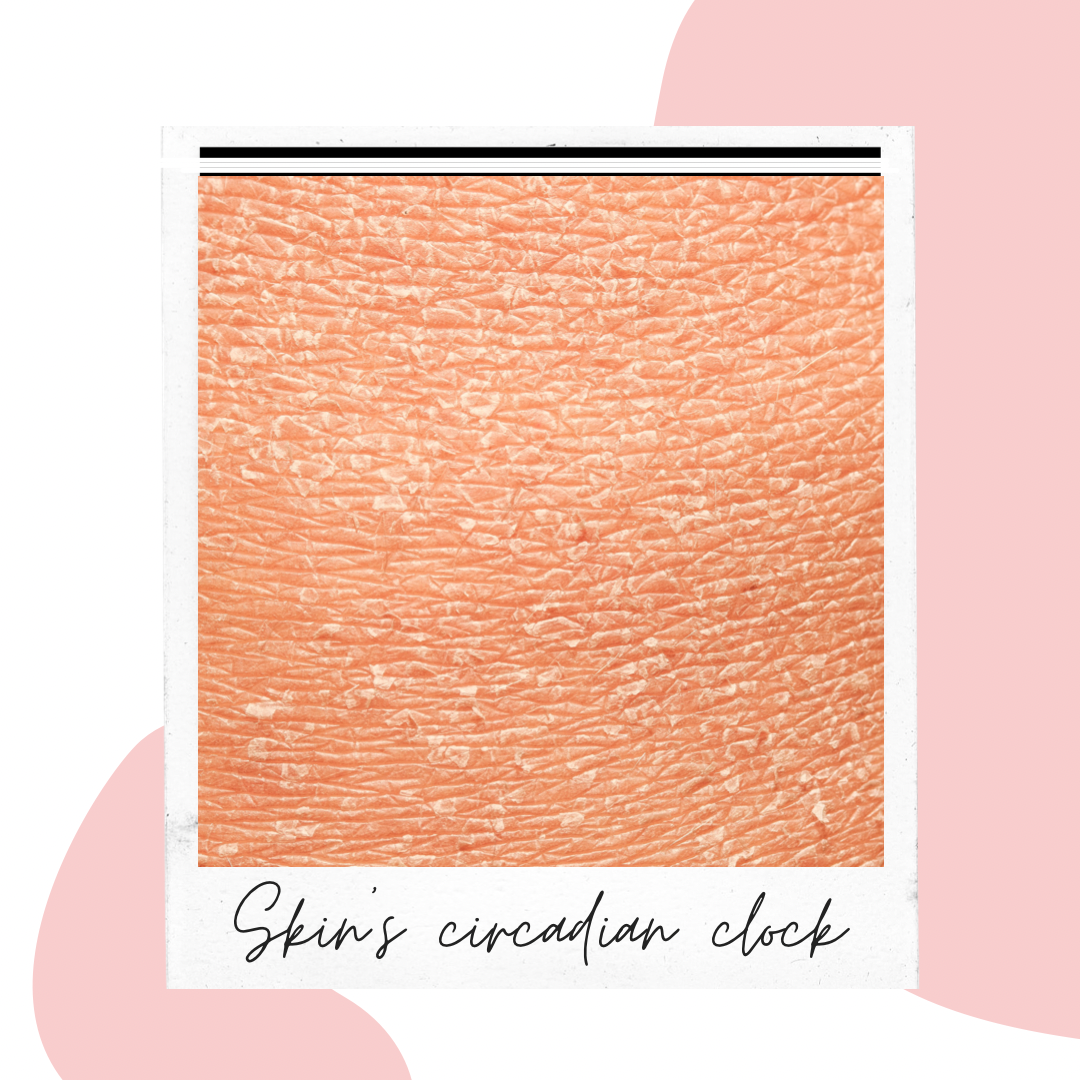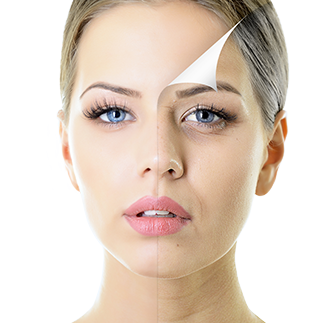The skin’s circadian clock
The body has its own internal clock, governing its physiology around the clock in a 24-hour cycle. It’s called the circadian clock and it acts as the body’s time keeping system. The circadian clock is the pacemaker for the body. It is responsible for almost all physical functions not least of all the regular release of hormones.
The skin, like all other bodily organs, is also subject to our internal clock. So, how do we expect our skin to change over a 24-hour day? A good example of how the skin functions change throughout the day is the generation of skin tissue. Our bodies are much more active in this function at night than during the day. The main reason for this is that the stem cells at the base of the epidermis are at their most active in the night-time hours. Stem cells produce new cells so when they are most active, they produce more cells.
At night, our skin cells typically have less to do in the defence against environmental factors so increasing their number at night makes a lot of sense. At night there is no need for the skin to defend itself from the harmful rays of the sun, and there is often less need for defence against air borne pollutants at night.
Since multiplying cells are more vulnerable to sun and other damage, it makes perfect sense for the skin to save the hard work of building new skin cells for the evening hours. Just before the skin starts to produce new cells, it appears to do its skin repair functions, so this takes place in the late afternoon and early evening. During this process, the skin cells repair any damage to the DNA. Only once that is done do they start to multiply.
It is important to use apply skincare products that contain antioxidants and a sunscreen with an SPF of at least 30 every morning to help your skin to defend itself against pollutants and the the sun’s UV rays.
During the evening, a repair cream containing vitamin A will help to support your skin during the repair and the cell regeneration phase. This lines up with the circadian rhythm of the skin.
Most people will also add a richer moisturiser in the evening, but care should be taken not to overdo this. The barrier function of the skin is not as effective at night and so the skin can lose more moisture in the day than at night. Since the skin is more permeable at night, it also absorbs the active ingredients present in the night care product that you use.
The skin’s circadian clock















